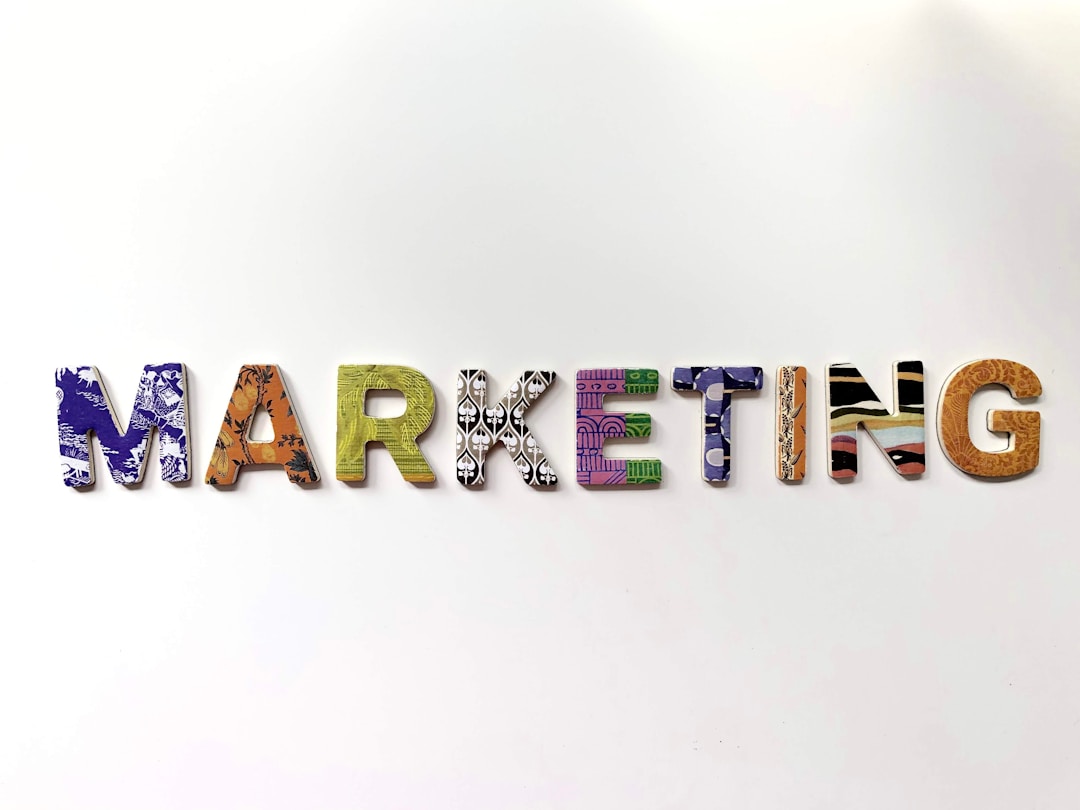Over the decades, there have been countless movies about the possibilities artificial intelligence presents for the betterment of business and humanity as a whole. Granted, most of those movies involve a hostile takeover by robots who have determined that the best thing for humanity is to be under the control of artificial intelligence (AI). However, the truth about AI and machine learning (ML) isn’t nearly as dramatic as a good Hollywood sci-fi (thank goodness).
Indeed, many companies across the United States and the rest of the world are using AI and ML to enhance business processes, increase their ROI, and grow their customer bases. In this brief article, we’ll take an in-depth look at some of the ways ML and AI are already impacting the business world.
Artificial intelligence maximizes marketing efforts.

One way AI technology is changing the business world is by enabling companies to build more effective marketing campaigns. E-commerce businesses rely extensively on artificial intelligence for their business processes and marketing campaigns.
AI technology enables e-commerce companies to capture actionable data in real-time and create marketing campaigns based on customer data, enabling them to do better at reaching their target audience. Have you ever noticed that when you use Google, it only shows you advertisements for products you actually use? That’s because eCommerce AI tools capture customer data and use it to help small businesses identify their ideal buyers and coordinate their marketing efforts accordingly.
Machine learning enhances the customer experience.
Mobile apps have become one of the most popular ways for companies of all sizes to connect with their target audience. The best thing about mobile apps for businesses is they enable them to build more and stronger relationships with customers and personalize customer experiences.

When someone uses a mobile app, they expect the app to know what they want before they know it and respond with relevant predictions. Mobile apps deploy machine learning algorithms that tailor the customer experience to individual users based on their prior interactions and even purchase history.
Artificial intelligence enables predictive analytics.
Earlier, we talked about how machine learning makes predictions based on previous customer interactions. However, AI takes things a few steps further with predictive analytics. Predictive analytics uses real-time and historical data to predict future events. Many transportation companies employ telematics systems that use predictive analytics for route optimization and preventive maintenance, significantly increasing overall efficiency.
ML and AI power omnichannel communications.
Many small businesses have started using contact center software to improve customer experiences. These contact centers use AI to provide answers to customer queries and even provide comprehensive customer support without human interference. Furthermore, AI powers its quality management operations, using metrics to give insight into team member productivity.

The business world has entered a new phase in which artificial intelligence and machine learning are science facts rather than science fiction, and they’re changing things for the better. One of the main ways companies use AI these days is to enhance the efficacy of their marketing efforts. They also use predictive analytics for everything from predictive maintenance to forecasting demand changes. Machine learning enables companies to take customer journeys to the next level, and companies also use AI and ML for automating customer interactions.
As you can see, ML and AI have their fingerprints all over the business world, and no, that’s not a deep learning reference. AI has come a long way since the days it was merely a concept, and now, companies use it to capture and analyze large datasets in a fraction of the time it takes an IT team. So, it appears the real question is, why aren’t AI and ML being used in your business?



